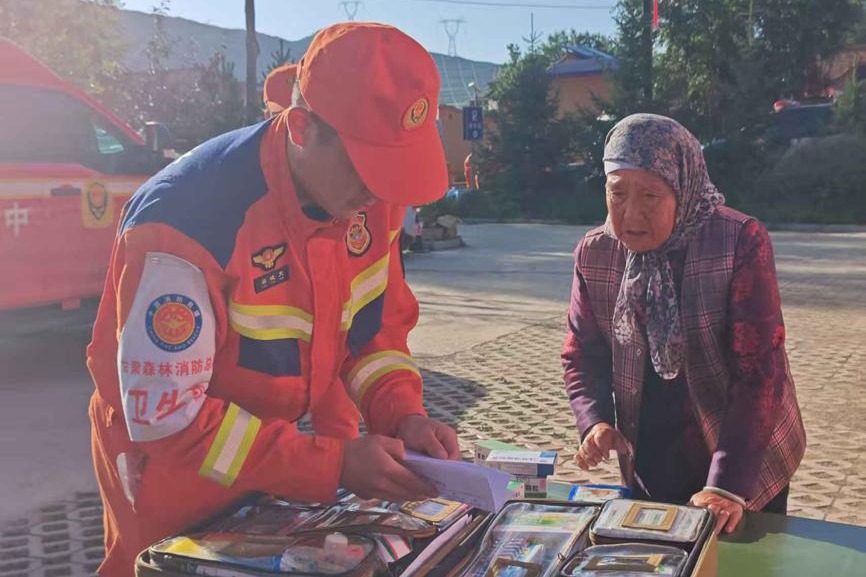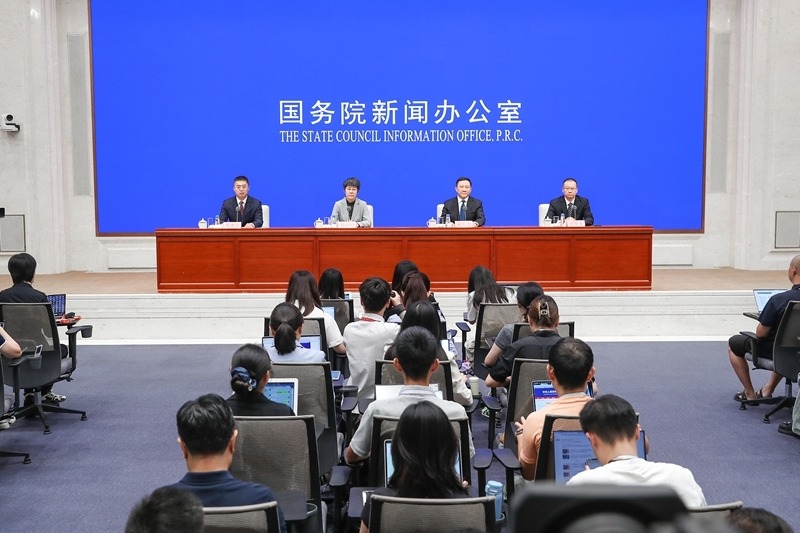Telemedicine expanded to rural areas

Diagnostic services
The government will extend telemedicine coverage to all poor counties, connect long-distance diagnostic services to villages equipped to handle them and offer individuals and households access to online lessons about basic healthcare and home management of chronic disease, it added.
Wang Hang, founder and CEO of Haodf, one of China's largest online healthcare companies, said telemedicine has made the services of high-ranking clinicians much more accessible to rural residents and helped reduce their healthcare costs.
Local authorities have employed Wang's company to provide telemedicine services to residents in the country's western areas, including the Ningxia Hui autonomous region.
He noted that internet access is still lacking in some rural areas and many residents do not own smartphones, while awareness of the help available through telemedicine systems is low. These are major obstacles to the promotion of telemedicine in remote areas.
"It is important to extend the reach of telemedicine so people in the rural areas can understand that the services are helpful. Only in this way can we gain more people's trust and promote the development of such services at the grassroots level," Wang said.
Zhu Xingxin contributed to this story.
- Historical Chinese film about Nanjing Massacre breaks summer box office record
- Top cities signal easing to support property market
- Heroic man dies saving family from drowning in Hainan
- Heavy floods in Gansu province kill 15, 28 missing
- Vlogger's unforgettable toast at Qingdao beer festival
- Guangzhou to host intl trade and invention exhibitions


































